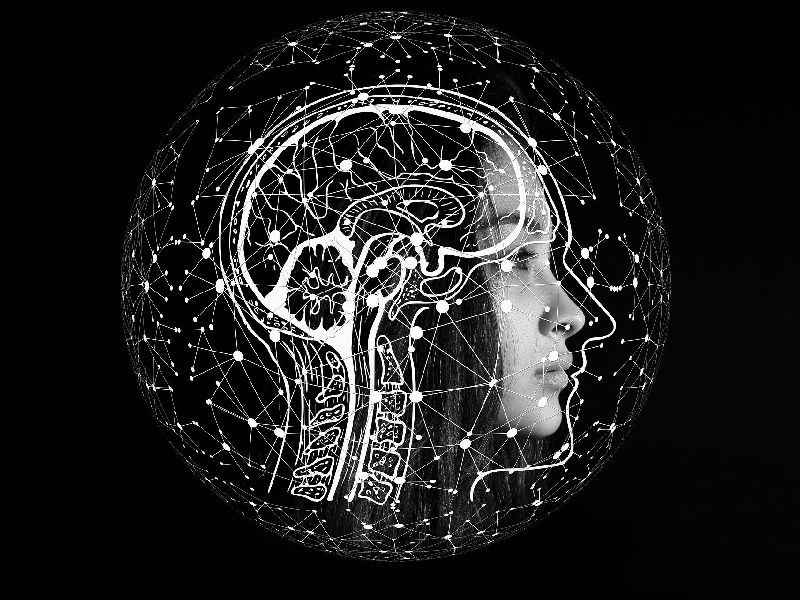The journey of AI in mobile app development is a fascinating tale of technological evolution, marked by groundbreaking innovations and intense competition among tech giants. This historical perspective delves into the transformative phases of AI – from its early days to the smartphone revolution, and finally, its current advanced state.
The Early Days (Late 1990s to Early 2000s)
The inception of AI in mobile technology can be traced back to the late 1990s. In these formative years, AI was predominantly about simple automation and performing basic tasks. The era was limited by the technology of the time, with mobile devices having minimal processing power.
By the early 2000s, companies like IBM started experimenting with more sophisticated AI applications. The release of IBM’s Watson in 2000 was a significant milestone, showcasing the potential of AI in understanding natural language, though it was years before it would become mobile.
During this period, the focus was more on developing the infrastructure for AI, laying the groundwork for future advancements. The AI of this era, while pioneering, was a far cry from what we see today in terms of capabilities and applications.
The Smartphone Revolution (2007 to 2015)
The real surge in AI in mobile apps began with the smartphone revolution, initiated by Apple’s launch of the iPhone in 2007. This era marked a shift from basic phones to smartphones capable of supporting more advanced AI.
In 2011, Apple introduced Siri, a significant leap in mobile AI. Siri wasn’t just an application; it was a personal assistant that leveraged AI to understand and respond to user queries. This release sparked a wave of innovation and competition among tech giants.
Google responded with the launch of Google Now in 2012, followed by Microsoft’s introduction of Cortana in 2014. These AI assistants became central to the companies’ mobile strategies, each vying to outdo the others in terms of functionality and user experience.
The period also saw rivalries and collaborations. A notable incident was the rumored conflict between Apple’s Steve Jobs and Google’s Eric Schmidt over Android’s similarities to iOS, highlighting the fierce competition in the mobile space.
By 2015, these AI assistants had become much more than novelty features. They were integral to the smartphone experience, evolving through updates and increasingly sophisticated AI algorithms.
AI Today: Deep Learning and Beyond (2016 to Present)
The current state of AI in mobile app development is characterized by deep learning, neural networks, and advanced machine learning. Companies like Apple, Google, and newer players like Huawei and Samsung are continually pushing the boundaries.
Today’s AI capabilities in mobile apps include personalized experiences, predictive analytics, and real-time language translation. For instance, Google’s advancements in AI have led to features like real-time translation in Google Translate, a feature that seemed like science fiction a decade ago.
The competition in AI has also led to some high-profile collaborations, such as the partnership between IBM and Apple, combining IBM’s AI expertise with Apple’s user experience prowess.
Personalities like Elon Musk and Jeff Bezos have also entered the fray, with Musk’s OpenAI and Bezos’s Amazon Alexa bringing new dimensions to mobile AI, highlighting the intersection of AI with other sectors like autonomous vehicles and e-commerce.
Numbers speak volumes: AI in mobile applications has seen exponential growth, with the AI market in mobile apps projected to reach several billion dollars, transforming industries and user experiences globally.
Conclusion
The evolution of AI in mobile app development is more than a technological journey; it’s a saga of human ingenuity, marked by competition, collaboration, and innovation. From the early days of simple automation to today’s sophisticated AI ecosystems, mobile AI has reshaped our digital landscape and continues to chart new territories for the future.











